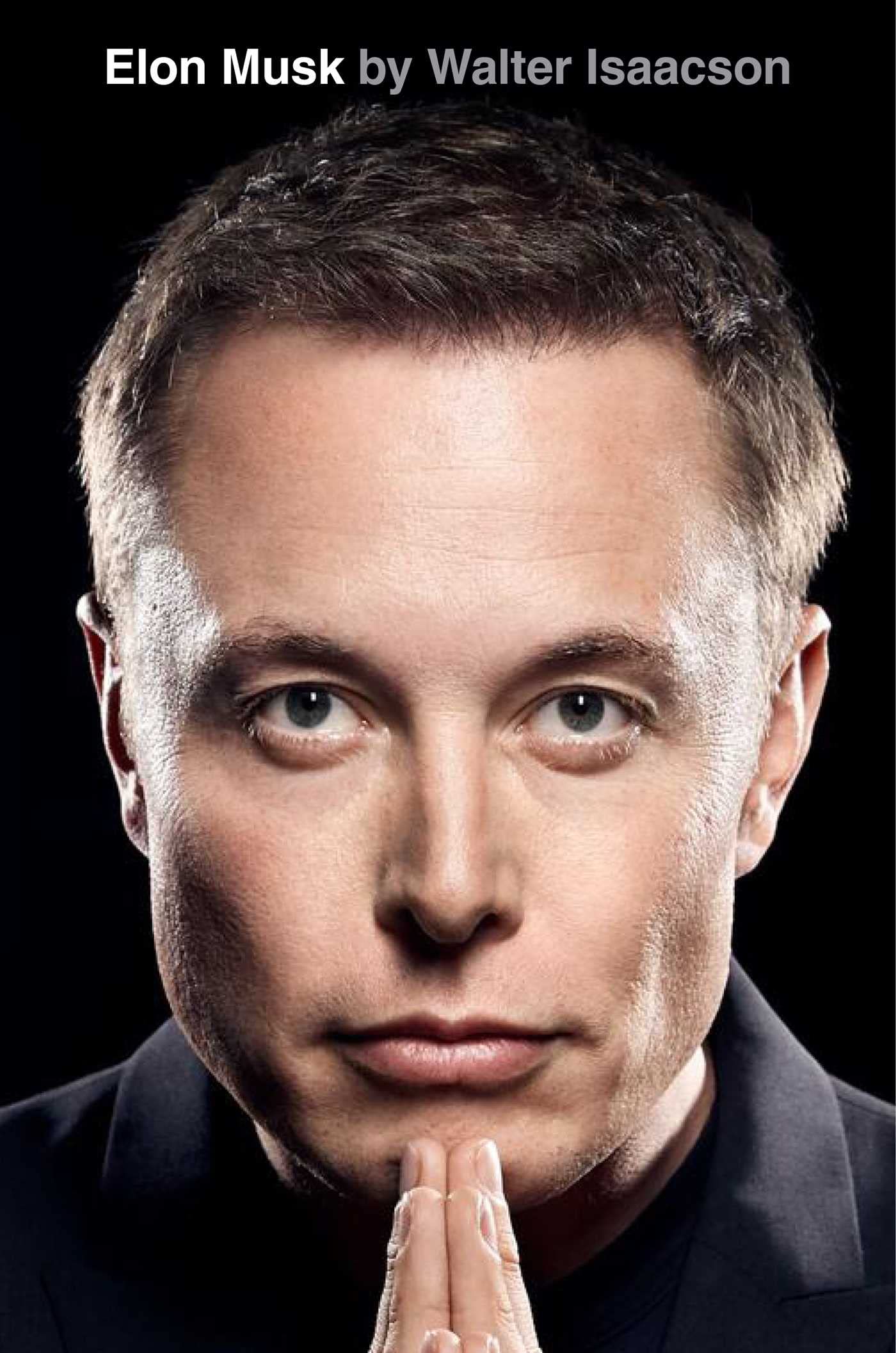15. Rocket Man
byRocket Man captures Elon Musk’s relentless ambition to push beyond traditional aerospace limitations, detailing a defining moment in the early 2000s that set the foundation for SpaceX. At the time, Musk, alongside his close associates Adeo Ressi and aerospace consultant Jim Cantrell, embarked on a mission to Russia to procure a decommissioned intercontinental ballistic missile (ICBM) for an ambitious Mars project. Their goal was to acquire an affordable rocket capable of launching a greenhouse experiment to the Red Planet, which Musk dubbed the “Mars Oasis” project. This initiative aimed to inspire public enthusiasm for space travel by demonstrating the viability of growing plants on another planet, but it would also reveal the immense cost barriers of spaceflight.
Their negotiations in Russia were marked by a series of cultural clashes and unexpected obstacles, including a lavish business lunch where vodka flowed as freely as the discussions. Musk, unfamiliar with the intense drinking customs, reportedly passed out at the table, while the Russians remained unfazed. The meetings themselves were equally disorienting—Musk’s earnest pitch for affordable space access was met with dismissiveness, culminating in an insult when one Russian official spat in their direction. Rather than being discouraged, Musk took this rejection as an opportunity for reflection, recognizing that the existing aerospace industry operated with inefficiencies that drove up costs to unsustainable levels. The Russian negotiations ended without a deal, but they planted the seed for something far more groundbreaking.
Frustrated yet energized, Musk turned to first-principles thinking, a problem-solving approach that breaks down complex issues to their fundamental truths. He meticulously analyzed the raw materials required to build a rocket—aluminum, titanium, carbon fiber, and fuel—and calculated that the actual material costs amounted to only a fraction of what traditional rocket manufacturers charged. This revelation led him to conclude that launching rockets did not have to be prohibitively expensive if built efficiently from the ground up. Musk coined the term “idiot index” to describe the staggering markup imposed by legacy aerospace companies, reinforcing his belief that SpaceX could manufacture its own rockets at a significantly lower cost while maintaining reliability.
Back in the United States, Musk presented his findings to his colleagues, boldly proposing that rather than buying a rocket, they should build one themselves. The suggestion was met with skepticism, as even industry veterans doubted the feasibility of a privately funded startup successfully constructing orbital-class rockets. Friends and advisors attempted to dissuade him, citing the immense financial risks and the historically high failure rate of new aerospace ventures. Yet, these warnings had the opposite effect—rather than backing down, Musk doubled down, driven by the conviction that human spaceflight could be made sustainable if engineered differently. He envisioned a future where reusable rockets could lower launch costs, making Mars colonization a tangible reality rather than a distant dream.
With unwavering determination, Musk established SpaceX in 2002, securing a warehouse in El Segundo, California, to begin operations. He recruited top engineers, including Tom Mueller, who would become the mastermind behind SpaceX’s propulsion systems, and instructed his team to focus on simplicity, cost reduction, and rapid innovation. Unlike traditional aerospace giants that relied on expensive subcontractors, SpaceX aimed to develop and manufacture most of its components in-house, allowing greater control over costs and production timelines. This shift in philosophy set the company apart, challenging long-established norms in an industry dominated by government contracts and bureaucratic inefficiencies.
The events of Rocket Man highlight Musk’s ability to transform failure into opportunity, a recurring theme in his entrepreneurial journey. Rather than being dissuaded by obstacles, he embraced them as catalysts for innovation. His unsuccessful trip to Russia did not mark the end of his space ambitions—it ignited them. By choosing to build rockets instead of buying them, Musk set the course for SpaceX to disrupt the aerospace industry, proving that private companies could compete in a field previously dominated by national space agencies. This chapter marks the true beginning of SpaceX’s mission, demonstrating how audacity, persistence, and unconventional thinking can redefine the future of space exploration.


